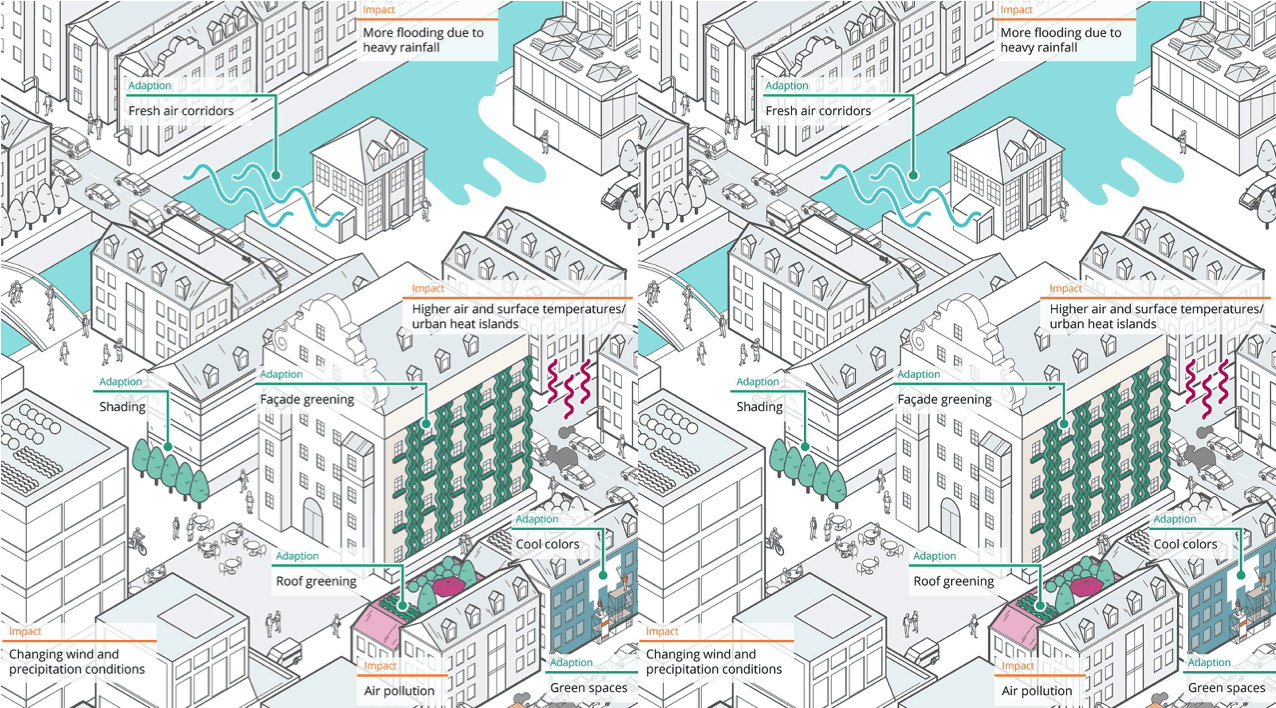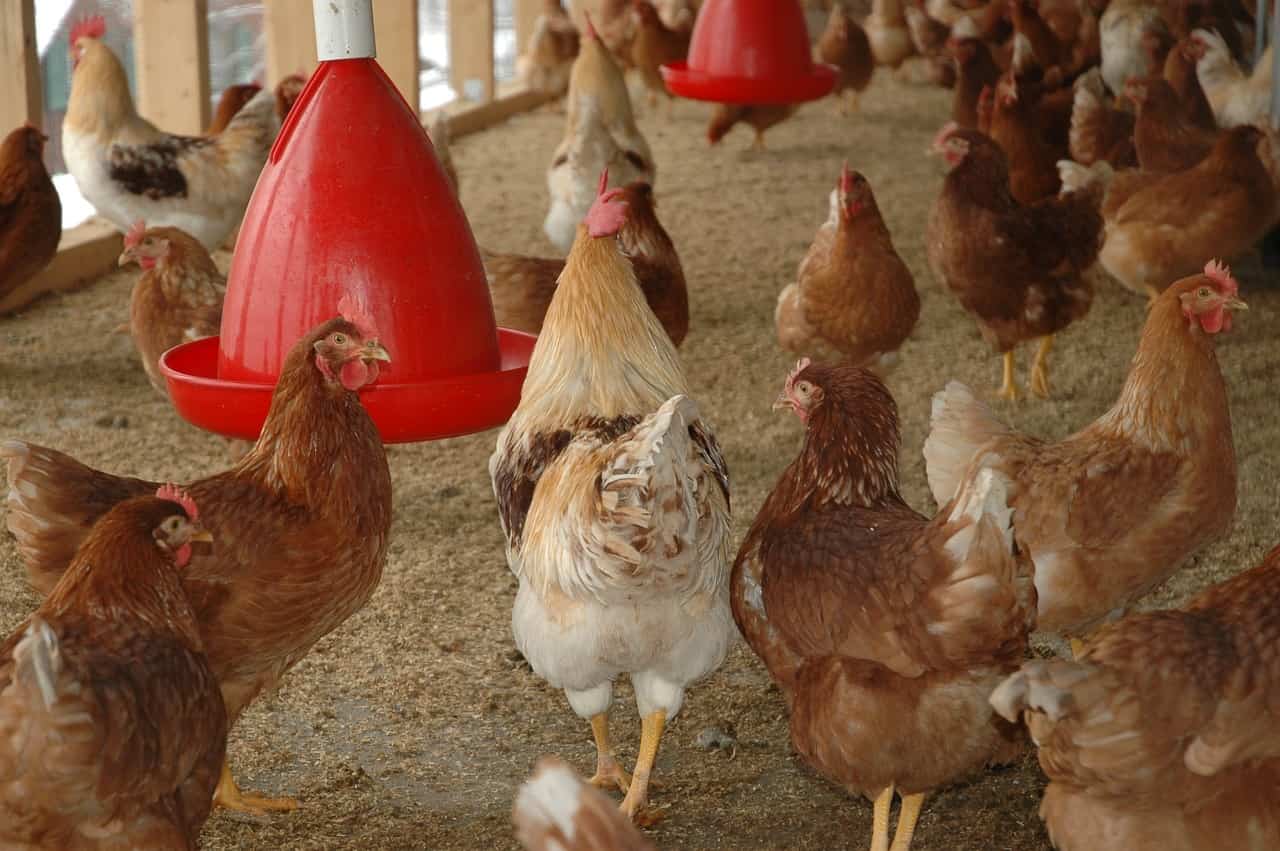
The German Fraunhofer Institute for Environmental, Safety and Energy Technology (UMSICHT) in Oberhausen, together with the Hörmann company, have developed fire-resistant double glazing that can withstand extreme heat and that can be produced without the carcinogenic substance acrylamide. It also produces less residual waste. Fraunhofer announced this on Friday.
According to Fraunhofer, the usual daily production of fire-resistant glass doors now accounts for 150 to 160 kilos of residual waste. This can be reduced to 20 kilos with the new material. Moreover, the glass doors can withstand a heat of up to 1000 degrees Celsius for up to 120 minutes. The researchers Holger Wack and Damian Hintemann received the Joseph von Fraunhofer Prize last Friday for this new invention.

According to Fraunhofer, the innovation is down to a transparent aqueous and electrolyte-rich gel that is applied between two glass plates. In the event of a fire, the glass section in the direction of the fire breaks fairly quickly. But by then the gel has evaporated and then cools down the second piece of glass that is still intact. Besides that, a heat-insulating salt layer is also formed which provides extra protection.
Secret recipe
The researchers will not reveal the exact composition of the gel. “That’s a trade secret,” says Wack. According to Fraunhofer, at least 60 tests were needed to determine the right composition. Nevertheless, the development proceeded relatively quickly.
Hintemann: “Between the laboratory phase and the moment we were able to put the production process into practice, there were four years. That is a really short time for a technological development process. Usually, something like that takes 10 to 12 years.”
Collaboration with industry
According to the jury of the Joseph von Fraunhofer Prize, another key factor for the award was the successful collaboration with Hörmann. This company from Steinhagen not only manufactures smoke-proof and fire-resistant doors but also roller blinds, garage doors, gates, and window frames.







